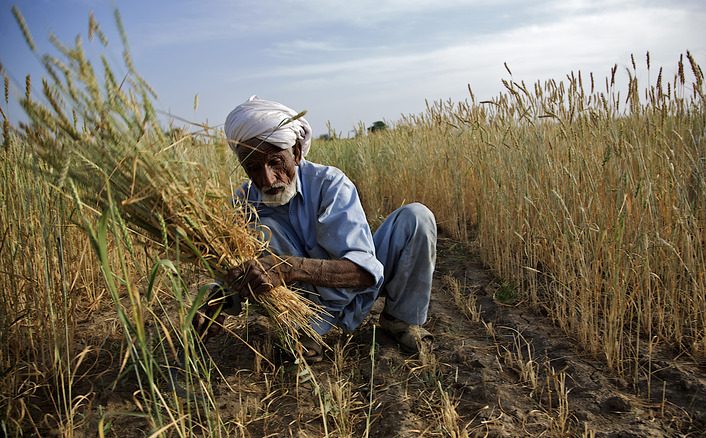
 Senior economists have called attention to the significant of introducing peasants and workers to the Parliament by appointing them on reserved seats. Gathered at a consultation on ‘Addressing the Inequality Gap: a Dialogue on Land Rights’, organized by PILER, rights activists highlighted the importance of land reforms.
Senior economists have called attention to the significant of introducing peasants and workers to the Parliament by appointing them on reserved seats. Gathered at a consultation on ‘Addressing the Inequality Gap: a Dialogue on Land Rights’, organized by PILER, rights activists highlighted the importance of land reforms.
Senior economist Akbar Zaidi said the government failed to provide or less mention any kind of relief for peasants and laborers. He agreed that energy crisis should be given priority but not on the cost of sidelining the agriculture sector. However, Zaidi also insisted that peasants will not benefit from mere land reforms.
“For that, agriculture reforms are also essential, in which irrigation water and credit for purchase of seeds and fertilizers should be made available… The first argument [in the previous land reforms] is that there was no benefit of the two major land reforms. The second argument is now there is no big landholding in the country, so why further distribution of the land?” he said.
PILER Executive Director Karamat Ali also underlined the significance of land reforms, which he said, have been missing from the agendas of political parties for decades. He accredited Ayub’s government of 1959 for introducing the first land reforms
“At the time, 6,000 big land owners were occupying 7.5 million acres of land. Because of that land reform, about 1.1 million acres were resumed, which included only 3 million acres of cultivable land and the remaining 8 million acres was uncultivable at that time. Zulfikar Ali Bhutto introduced land reforms in 1972 and reduced the land holding limit to 150 acres for irrigated land and 300 acres for barani (rain-fed) land. Because of that, about 1.3 million acres were resumed, out of which 700,000 acres of the land was cultivable.”

Be the first to comment